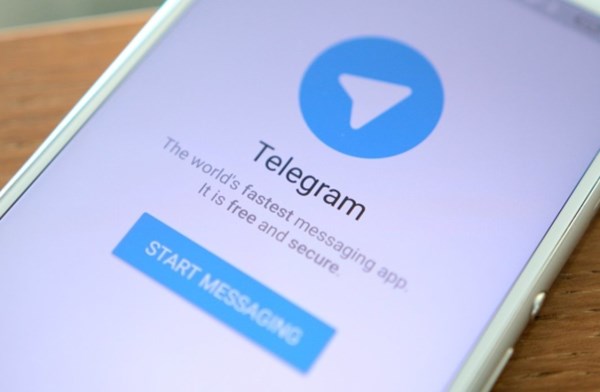Russian government unable to block Telegram
Internet service providers have reported back to the Russian Communications Ministry on the results from testing the deep packet inspection (DPI) equipment for implementing the law “On the sovereign Russian internet”.
Citing its own sources, RBC news agency reports that several providers experienced malfunctions while installing the equipment. A number of providers reported a drop in the speed of web traffic and also a drop in signal level. Telegram could not be blocked, because the messenger uses proxy servers with its own encryption protocol. One service provider reported an incident which resulted in the interruption of its services.
Both RosKomNadzor (RKN) – the Federal communications censorship agency – and the Russian Communications Ministry declined to comment. Representatives of the service providers also chose not to comment on the situation.
At the end of December it was learned that, during the first Russian nationwide drill related to the reliable and independent operation of the Russian internet, white hat hackers succeeded in carrying out 62.5% of their attacks through the SS7 protocol (the system used to connect telephone networks worldwide) and 50% of attacks through the Diameter protocol (one of the primary protocols in 4G networks). Detection took an average of 2-3 minutes in each attack.
Russian President Vladimir Putin signed the law “On the sovereign Russian internet” on May 1, 2019. The law took effect on November 1. Its implementation is expected to cost more than 30 billion rubles (around $470 million). The new law establishes rules for the routing of traffic, and emphasizes the necessity of compliance monitoring. It sets forth the possibility of centralized control of the Russian internet, and proposes to establish an internet monitoring and control center under RKN, which would supposedly ensure the availability of communication services within Russia in the event of extraordinary situations.
Most Russians are highly critical of the idea of a “sovereign Russian internet”. The project is commonly referred to as the “Cheburnet”, after Cheburashka, a cute but helpless bear-like Soviet cartoon character. According to polls, more than half of Russians believe that the country’s internet should develop as a network which “connects the whole world”. Only 23% think that the country needs a sovereign internet. Testing of the equipment designed to implement the new regulations began in September. One of the first test participants reported that the internet “went down” right at the start.
